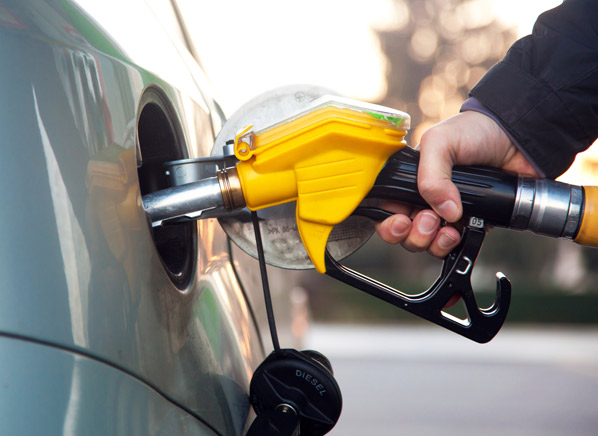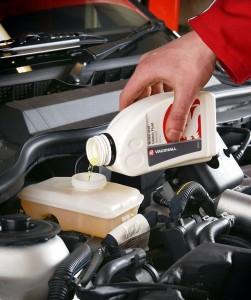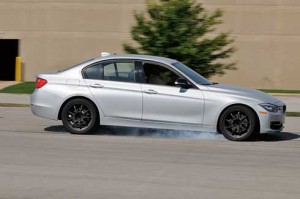India is a country which is still not very open to high performance & less fuel efficient cars. People have lived in an era where struggle was to get bread for themselves and family each day, rather than floor the pedal and revv the engines. With changing times came multiple reforms and country now is heading towards development at the fastest rate in world. Being one of the biggest economies, we, Indian’s have some major problems with us. We are too much attached to the ‘saving’ phenomenon.
Yeah, that’s right! People would do anything to save money. And things become utterly serious when it comes to saving money over fuel. With sky rocketing petrol & diesel prices, people keep finding new ways to save fuel and run their motors daily.
So, here are a few tips if you are opting to save fuel to keep your monthly budget subtle:
ACCELERATION
One of them most important part for keeping your vehicle fuel efficient includes the acceleration. It’s how you accelerate your ride. Sudden press on accelerator and blasting performances can be a lot of fun but on the other hand it kills the efficiency, and kills it harshly!
Sudden bump up in the rpm causes a simultaneous decrease in the economy, as the engine has to work hard and all the mechanicals are at their peak to make this happen, the fuel supplied is also increased suddenly in enormous amount on account of the throttle responses.
In order to maintain a fuel efficiency and performance ratio, you must keep the rpm needle shifting early than the maximum torque point is achieved. However, that would lead to slow accelerations, real slow!
If you own a diesel then –
> Shift the rpm before 2000 or max is 2500 rpm value. If you go hard you loose efficiency. Diesels tend to provide torque at low rpm’s (generally max out at 1800 rpm) this gives you more room to play within fuel efficiency range.
If you own a petrol then –
> Let the tachometer spin up to 3000rpm to 4000rpm max. Above these values the horsepower is used and the torque generally maxes out till 4000 to 4500 rpm, thus, taking the engine above these values would only lead to performance but no efficiency. It is recommended to shift up between 3-4K rpm.
The way you behave with the accelerator, the same way you get the efficiency. Do it right.
MAINTENANCE
Maintenance is one of the major factors that affect the efficiency of your vehicle directly and indirectly both! It’s just not how you drive your car, it’s also how you keep your ride. A well maintained vehicle would get fewer troubles mechanically and would return good efficiency figures.
Properly timed servicing, well cleaned engine bay and other crucial areas, well kept underbody and many such aspects that are directly related to your maintaining habits would affect the efficiency figures. Tyre alignment, braking power and such crucial parts compile up for this. A timely serviced car would have correct amount of lubrication and lesser wear and tear to its parts, thus, returning good economy figures. Enough to make you smile over long term ownership.
MODIFICATIONS
We all love modified cars, and a special love for those which are mechanically transformed, but all those “Twinkie” thinks make fuel economy ditch. May it be a performance set up or broad rubber with lightweight alloys, that free flow exhaust and those HID lights, yeah, all of that lead to an indirect affect over the vehicle’s health, thus, leading to a constant decrease in efficiency figures over long term and sometimes instant (if you have heavy modifications that altered your mechanical OEM settings)
Even installments such like CNG and LPG affect the efficiency figures of your original motor.
BRAKING
It is said, that, a good driver is a one who breaks less. Well, that doesn’t mean that drive too slow that you don’t need to brake! But braking frequently and accelerating hard again and again leads to a sufficient decrease in fuel efficiency. Braking lightly and accelerating in the same way leads to a good build up in fuel economy figures. So next time if you try to be Vin Diesel over the roads, please don’t expect any good fuel economy figures from your vehicle.
These major points can help you in increasing and decreasing the fuel economy of your vehicle. Take it both ways anyway!
So, next time when you drive decide what you want, a fast performing vehicle with more fuel and maintenance bills or a slow moving vehicle which is lighter on you wallet! Decide wise, drive wise.






